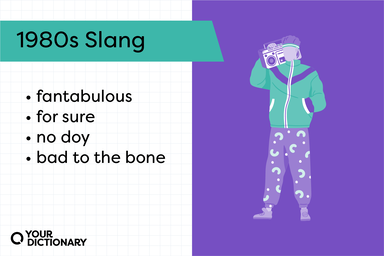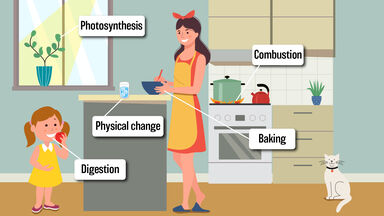Leave Definition
- To refrain from disturbing or interfering.
- To make every possible effort.
- to stop; cease
- to stop doing, using, or wearing
- to omit
- to ignore
Idioms, Phrasal Verbs Related to Leave
- leave
- leave no stone unturned
- leave alone
- leave off
- leave out
- leave well enough alone
- beg leave
- by your leave
- on leave
- take leave of
- take one's leave
Origin of Leave
-
From Middle English leven, from Old English lÇ£fan (“to leave"), from Proto-Germanic *laibijanÄ… (“to let stay, leave"), causative of Proto-Germanic *lÄ«banÄ… (“to stay, remain"). Cognate with Old Frisian lÄ“va (“to leave"), Old Saxon lÄ“vian, Old High German leiban (“to leave"), Old Norse leifa (“leave over") (whence Icelandic leifa), lifna (“to be left") (whence Danish levne). More at lave, belive.
From Wiktionary
-
From Middle English leve, from Old English lÄ“af (“permission, privilege"), from Proto-Germanic *laubō, *laubÄ… (“permission, privilege, favour, worth"), from Proto-Indo-European *leubÊ°- (“to love, hold dear"). Cognate with obsolete German Laube (“permission"), Swedish lov (“permission"), Icelandic leyfi (“permission"). Related to Dutch verlof, German Erlaubnis. See also love.
From Wiktionary
-
From Middle English leven, from Old English lÄ«efan (“to allow, grant, concede; believe, trust, confide in"), from Proto-Germanic *laubijanÄ… (“to allow, praise"), from Proto-Indo-European *leubÊ°- (“to love, hold dear"). Cognate with German lauben (“to allow, believe"), Icelandic leyfa (“to allow").
From Wiktionary
-
Middle English leve from Old English lēafe dative and accusative of lēaf leubh- in Indo-European roots
From American Heritage Dictionary of the English Language, 5th Edition
-
Middle English leaven from Old English lǣfan leip- in Indo-European roots
From American Heritage Dictionary of the English Language, 5th Edition
-
From Middle English leven, from lef (“leaf"). More at leaf.
From Wiktionary
-
Middle English leaven from leaf leaf leaf
From American Heritage Dictionary of the English Language, 5th Edition
-
See levy.
From Wiktionary
Find Similar Words
Find similar words to leave using the buttons below.





